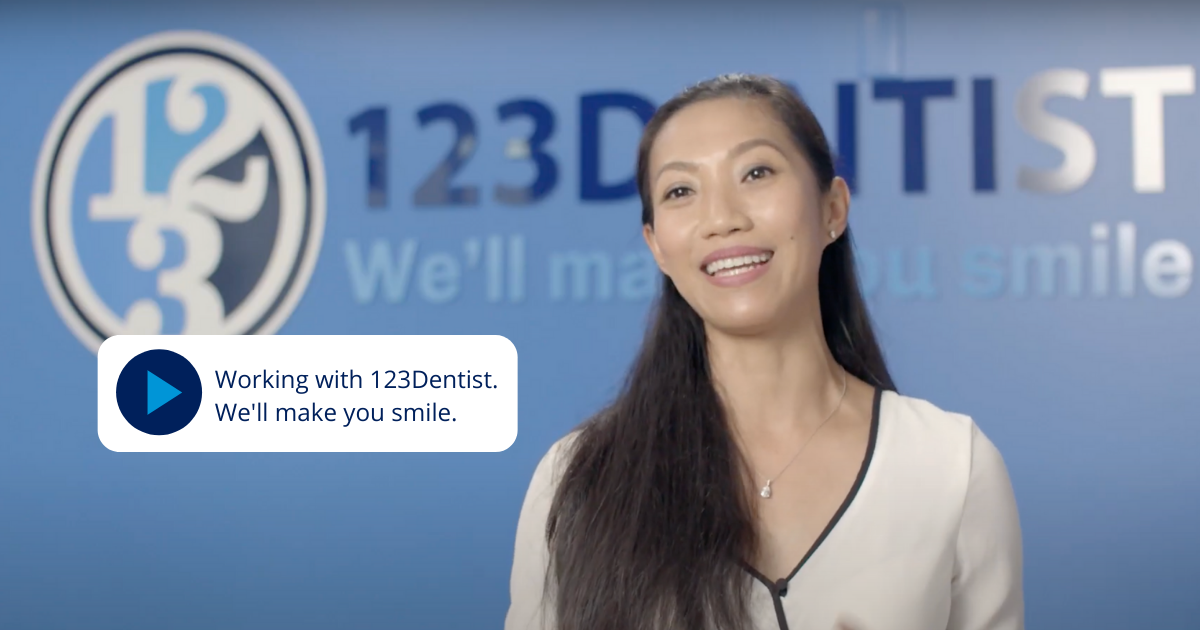Dentures are an ideal solution if you have lost some of your natural teeth and want to regain the self-confidence that comes with an attractive smile. However, many people do not realize just how much care is required if you want to avoid damaging your dentures and want to keep them looking good. Read on to discover six important facts that you need to know about keeping your dentures in perfect condition.
1) You should clean your dentures at least twice a day:
It is vital to clean your dentures just as often (and just as carefully) as you would clean your real teeth. If you adhere to a strict routine and clean your dentures twice a day, you will be much less likely to develop oral infections and inflamed gums. In addition, you will be helping to combat decay and thereby reducing your chances of losing more teeth.
2) There is a right way to clean your dentures:
It is just as important to clean your dentures properly as it is to clean them frequently. The first step is to carefully remove any food residue by brushing your dentures with denture cleaning paste. After you have done this, you need soak the dentures in a dissolvable denture cleaner (but you should never use hot water for this process, as hot water can end up warping the dentures). Finally, dentists recommend that you should brush the dentures one more time after they have been soaked. Each time you brush them, you should do so in a way that is gentle enough to avoid creating dents but thorough enough to make sure that all bacteria are entirely removed.
3) There are products that can damage dentures:
Firstly, if you have dentures with a soft lining, you will need to buy a denture cleaner that specifically states that it will not damage this lining. This soft lining is usually offered to people with sensitive teeth or gums. Secondly, if you have chosen metal dentures then you will also need to browse the available denture cleaners to make sure that you pick one that is designed to clean metal. If you have any trouble finding the right cleaner, you can always talk to your dentist for advice. Finally, it is also worth noting that experts do not recommend using any bleaching products on your dentures, as such products typically weaken them and make them more susceptible to damage. In addition, bleaching creams and rinses tend to make dentures look less like natural teeth.
4) Lifestyle changes can help to prevent denture staining:
You can reduce the likelihood of severe denture staining by making sure that you do not drink too many caffeinated products (especially strong coffee and tea), and by limiting your intake of red wine. However, if you happen to notice that your dentures are becoming extremely discolored then you should contact your dentist to discuss the possibility of a professional denture cleaning. In some cases, this process will almost entirely remove the problematic stains..
5) You need to have a night care routine for your dentures:
It is important to remove your dentures when you go to sleep, as keeping them in overnight can cause gum inflammation and promote a yeast infection called denture stomatitis (which is a form of oral thrush). During the night, you should always leave your dentures soaking in a suitable cleaner in order to prevent warping or cracking.
6) Your dentist can help you with denture hygiene:
Finally, you should keep in mind the fact that your dentist has an important role to play when it comes to keeping your dentures in good condition. You should have the dentures investigated at regular appointments, as your dentist will be able to tell whether there is a tartar build up that needs to be professionally removed in order to make sure your dentures continue to fit comfortably. If your dentures do not fit properly, you can end up developing painful oral sores. In addition, your dentist should regularly inspect your mouth even if you no longer have any real teeth (as dentists are often the first to notice the signs of mouth diseases such as oral cancer).






